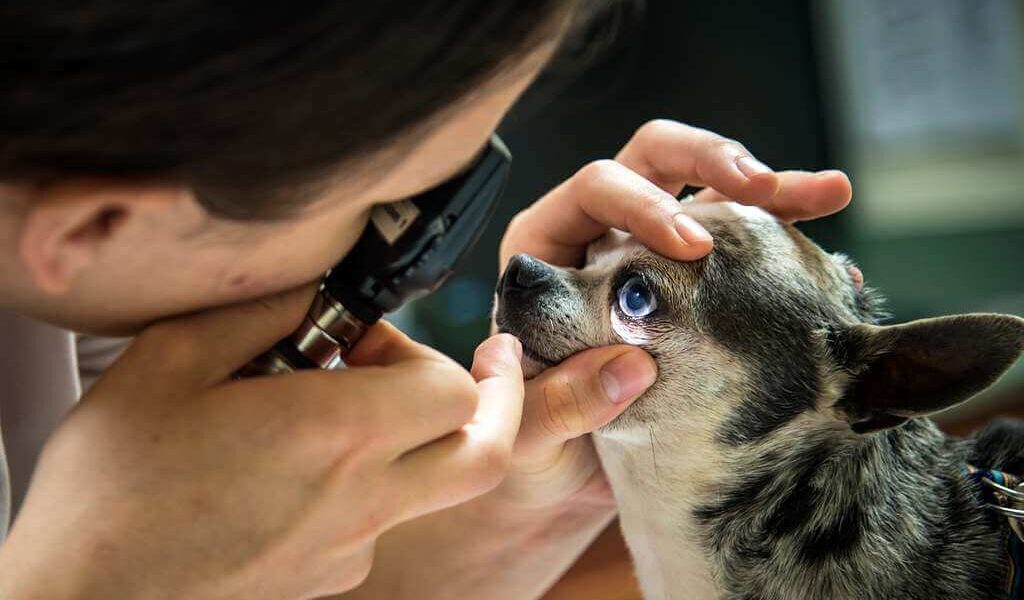Best Practices for Fuzzy Pet Health: Expert Tips for Optimal Well-Being
Introduction
Do you have a fluffy furball that fills your days with joy? As a proud pet parent to a small animal like a hamster, rabbit, or guinea pig, you want to ensure your fuzzy friend lives their most extended, happiest, and healthiest life. However, the unique needs of these petite critters mean they require some specialized care compared to cats and dogs. With Fuzzy Pet Health, your furry companion receives top-notch care from experienced professionals.
While tiny, these animals face sizable health issues ranging from dental problems to flystrike infections, and they hide symptoms instinctually. You’ll need to learn the subtle signs of discomfort and disease to identify when something is amiss with your pint-sized pet. Plus, establishing proper habitat conditions, nutrition, and grooming right from the start can prevent many problems later.

Maintaining fuzzy pet health involves a balanced diet, regular exercise, and preventive measures against common ailments.
You’ll also learn about creating an enriching habitat to keep them active and engaged daily. Plus, don’t take advantage of the top tips for proactive health maintenance through annual good checks and grooming.
Follow along for the must-know details on keeping your hamster, rabbit, guinea pig, chinchilla, or other small mammal healthy and happy all year. Your beloved fuzzball will be sprinting, zooming, and enchanting you with its endlessly entertaining antics, thanks to the special care it receives as a cherished family member. Fuzzy Pet Health prioritizes the well-being and happiness of your beloved pets above all else.
Fueling Your Furry Friends: Crafting the Perfect Small Animal Diet
A proper diet is paws-down, essential for keeping your petite pets perky and energetic. Each type of fuzzy friend has unique nutritional requirements you must meet to avoid potentially severe health issues ranging from obesity to gastrointestinal disease. Trust Fuzzy Pet Health to provide personalized and compassionate care for your fuzzy friends.
Follow this guide to the ideal daily diets for keeping your small critters munching happily.
Prioritizing fuzzy pet health means staying informed about their specific needs and addressing health concerns promptly.
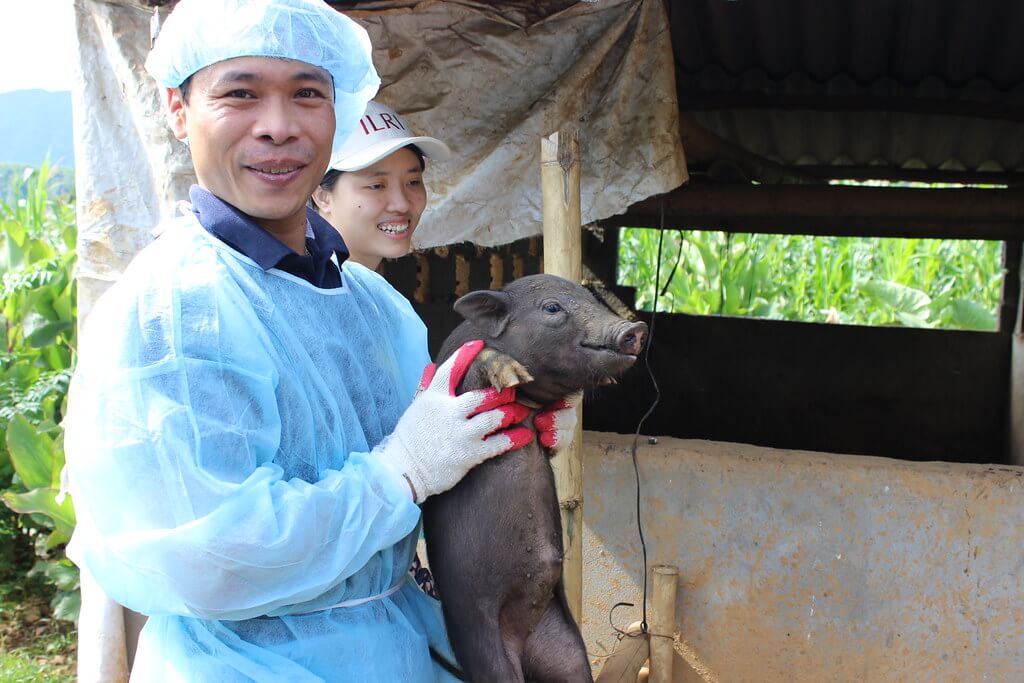
Guinea Pigs: Veggie Lovers
Guinea pigs’ digestive systems need specific fibrous foods to function correctly. Here’s what to feed them:
- Unlimited timothy hay: Most of your cavy’s diet. It keeps teeth and digestion healthy.
- Limited pellets: 1/8 cup guinea pig pellets daily provide vitamins/minerals. Choose a quality brand like Oxbow.
- Leafy greens: 1 cup chopped veggies like romaine, kale, parsley daily. High in vitamin C.
- Limited fruits: 1-2 tbsp chopped fruits like berries and melon as occasional treats. Sugary, so don’t overdo it!
- Clean water: Round-the-clock access to a complete, clean water bottle.
| Food Group | Daily Amount |
| Hay | Unlimited |
| Pellets | 1/8 cup |
| Vegetables | 1 cup |
| Fruit | 1-2 tbsp |
Not feeding the proper diet can cause painful conditions like urolithiasis and bladder stones. Ensure your cavy’s good health by meeting all their dietary criteria.
Hamsters and Gerbils: Omnivores Extraordinaire
Unlike veggie-loving cavies, hamsters and gerbils need a protein-packed commercial diet. Feed them:
- High-quality commercial mix: Lab block mixes like Supreme Pet Foods provide balanced nutrition.
- Timothy hay: Place some in the habitat for natural foraging.
- Limited fruits/veggies: 1 tbsp max veggie/fruit treats 2-3 times weekly. Examples: carrot, cucumber, strawberry.
- Clean water
Overfeeding produce can cause dangerous diarrhea. Stick to small treats just 2-3 times weekly. A high-quality commercial mix ensures they thrive.
Your pet’s health and happiness are paramount at Fuzzy Pet Health, where every visit is met with warmth and expertise.
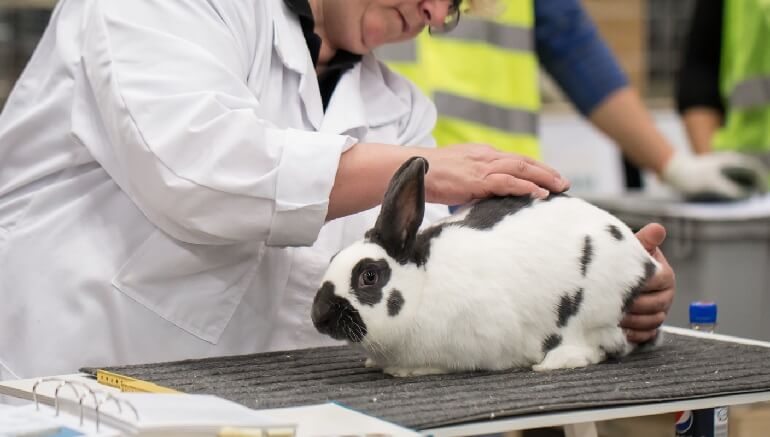
Rabbits: Hay Connoisseurs
Rabbits have sensitive digestive systems requiring mostly fibrous roughage. Their diet consists of:
- Unlimited hay: Most diet is timothy or other grass hays. Critical for healthy teeth and digestion.
- 1/4 cup leafy greens daily: Dark leafy greens like romaine, carrot tops, kale. They are packed with nutrients.
- 1/4 pellets daily: Limited mature rabbit pellets prevent obesity. Choose timothy-based.
- Treats: Occasional fruits/veggies like banana or broccoli florets. Sparingly!
Check daily that bunnies have ample fresh hay. It keeps their sensitive GI tract functioning properly. Monitor weight and reduce pellets if needed to prevent dangerous obesity.
Following the tailored dietary recommendations for each small animal species is critical to keeping them healthy and lively. Consult an exotic vet with questions. With proper nutrition, your tiny pals will be zipping around their habitats happily for years!
From routine check-ups to emergency care, Fuzzy Pet Health is dedicated to keeping your pets healthy and happy.
Creating the Ideal Habitats for Fuzzy Pet Health
The enclosure your small animal calls home is their whole world, so making it comfy and enriching is critical! It would help if you met Each species’ specific habitat needs to keep them healthy and happy. Follow this guide to crafting perfect habitats.
Quality fuzzy pet health encompasses mental well-being alongside physical vitality, fostering a happy and thriving companion.
Minimum Space Requirements
Proper space allows room for ample exercise. As a baseline, habitats should meet these size guidelines:
- Guinea pigs: 7.5 sq ft enclosure, 10.5 sq ft for pairs
- Dwarf hamsters: 24′′ x 12′′ tank/cage
- Rats: Multi-level cage at least 2′ x 3′ floorspace
- Rabbits: Exercise pen or cage at least 6′ x 2′ floorspace
Go bigger if possible to allow zooming and playing! Accessories like platforms and tunnels also create more usable space.
Choosing Proper Bedding
Use paper, aspen, or hay beddings that:
- Absorb moisture: Keeps the habitat clean and dry.
- Are dust-free: Prevents respiratory irritation.
- Are non-toxic: No cedar or pine, which can harm small animals.
Spot clean urine/droppings daily and change full bedding weekly.
Enrich the Habitat Daily
Prevent boredom with tunnels, chew toys, hideouts, wheels, and more based on their needs:
| Species | Enrichment Needs |
| Guinea Pigs | Tunnels, cardboard to chew, places to hide |
| Hamsters | Large upright wheel for running, chew blocks |
| Rabbits | Tunnel complexes, grass mats, willow balls to chew |
Rotate new toys weekly to keep their curiosity piqued!
Creating suited habitats gives small mammals the foundation to thrive as cherished family members for years. They’ll excitedly explore their enclosures when all their species-specific needs are met. Check-in routinely to see that they utilize all areas and enrichment. Bond away!
Dedicated owners prioritize fuzzy pet health by providing a safe environment, adequate nutrition, and affectionate attention.
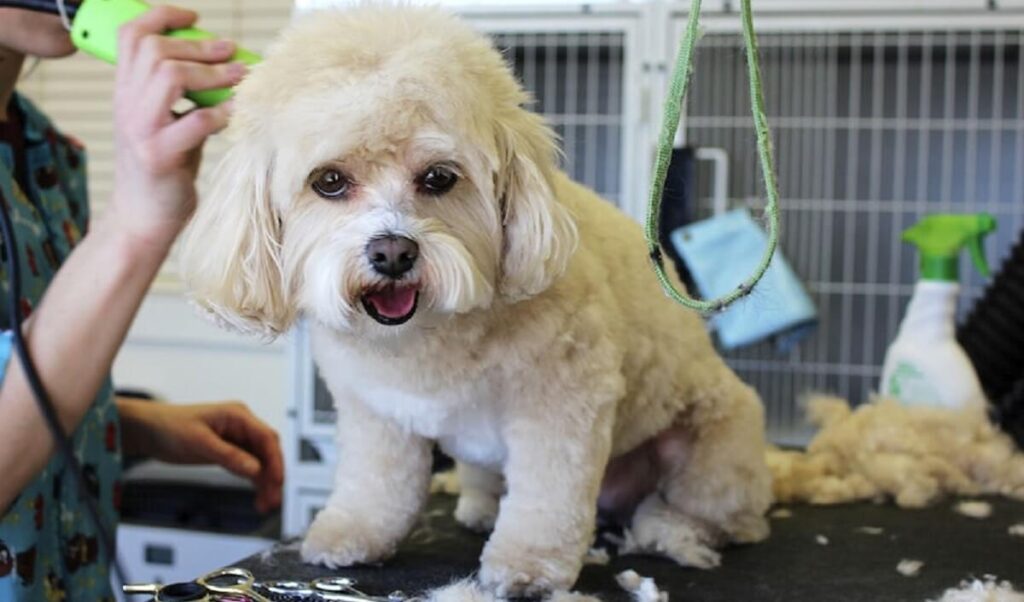
Keeping Your Small Pets Well-Groomed: Brushing, Bathing, and Beyond
Grooming is an often overlooked but essential part of caring for small furry pets. Proper brushing and bathing keep their coat clean, nails trim, and skin healthy while serving as quality bonding time. Each species has unique grooming needs you must adhere to. Understanding the intricacies of fuzzy pet health involves recognizing signs of discomfort or illness and taking appropriate action.
Brushing Basics
Frequent brushing prevents matted fur, distributes oils, and removes loose hair. Use a specifically sized brush to suit small animals and brush softly:
- Rabbits and Guinea Pigs: Use a soft natural brush and long strokes toward hair growth. Brush daily if possible.
- Signs of issues: Chewed/matted fur, bald patches of skin
- Chinchillas: Use a super soft chin brush and brush against the fur direction to lift dirt from dense coats. Brush 2-3 times weekly.
- Sign of fur slip issues: Bald patches, large clumps of loose fur
- Gerbils and Hamsters: Gently use a small animal grooming glove weekly when alert and active. Do not immerse in water.
Nail Trimming Time
Overgrown teeth and nails cause pain and mobility issues. Clip carefully following the quick:
- Guinea pigs: Every 4-6 weeks. Have an assistant help restrain if squirmy.
- Gerbils: Every 6-8 weeks. Clip just the very tips.
- Rabbits and chinchillas: Schedule annual trim with an exotic vet under sedation for safety and proper technique.
Tip: Give treats during and after nail sessions to build positive associations.
Fuzzy Pet Health understands the importance of preventive care in maintaining your pet’s overall health.
Sand Baths for Skin Health
Chinchillas require dust baths 2-3 times weekly to clean fur, remove excess oil, and prevent heat stroke. Buy dust formulated specifically for chins.
Gerbils also enjoy periodic gentle sand baths using special gerbil sand. The dust helps groom fur and ward off greasiness. Never immerse gerbils entirely in water baths.
Monitor during bath sessions so they don’t accidentally ingest sand or dust.
Recognizing Skin Issues
Skin issues in small mammals can escalate rapidly. Be vigilant for signs:
- Red, flaky skin
- Bald patches
- Visible parasites like mites or lice
- Excessive scratching
Consult an exotic vet for the first symptoms for proper treatment. Be prepared to bring a skin sample. Addressing dermatitis early maximizes recovery odds.
With diligent brushing, bathing in dust or sand, nail trims, and attention to skin health, you can keep your tiny buddy’s coat in peak condition for optimal health and happiness!
Nurturing fuzzy pet health involves creating a nurturing environment where they feel secure and loved.
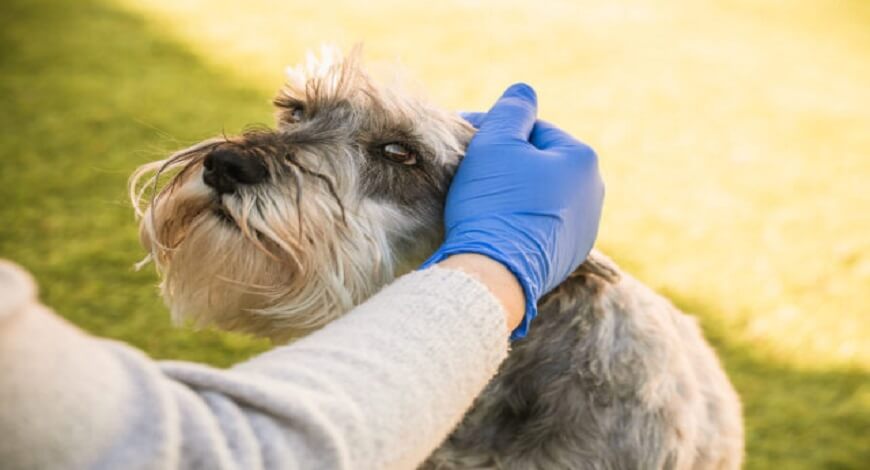
Is My Small Pet Sick? Recognizing Symptoms of Illness
Small furry pets like hamsters, gerbils, and guinea pigs instinctually hide signs of illness. However, catching health issues early makes treatment more successful. Monitor your petite pet routinely and watch for these common symptoms of sickness:
## Decreased Activity
All small mammals typically display bursts of energy like zooming or popcorning. Signs of lethargy include:
- Lying down much of the day
- Not running on a wheel or using tunnels
- Minimal interest in treats
Lethargic species to treat seriously:
- Guinea pigs: Can indicate painful bladder stones
- Gerbils: May signal dangerous digestive blockages
Loss of Appetite
Healthy small animals eagerly devour food. Refusal to eat likely signals an underlying disorder.
- Persistent disinterest in favorite treats is especially concerning
- Can quickly lead to hepatic lipidosis liver disease
Physical Changes
Visually inspect fur and body routinely, looking for abnormalities like:
- Weight loss: Have healthy weights memorized. For example, an adult guinea pig weighing < 2 lbs needs assessment.
- Diarrhea: Especially dangerous for small bodies since they dehydrate rapidly. Note color and consistency.
- Discharge: Red, crusty, or watery discharge around eyes/nose indicates infection.
- Limping/hunching: Possible signs of injury or arthritis progressing rapidly.
- Hair loss: Bald spots signal ringworm fungus or mites.
Take a photo and record symptoms to show the exotic vet. Do not delay seeking care since small pets can deteriorate rapidly once sick. With quick action upon recognizing subtle symptoms, your beloved pet will be on the mend swiftly!
Advocating for fuzzy pet health entails advocating for proper nutrition, regular exercise, and access to veterinary care.
Keeping Fuzzy Pet Health Good: The Importance of Preventative Care
Promoting fuzzy pet health involves educating owners about their unique requirements and ensuring they receive proper medical attention.
Establishing proactive wellness checks, grooming routines, and biosecurity minimizes illness risks down the road. Here are the top preventative measures to discuss with your exotic veterinarian:
Annual Examinations
Schedule well visits with an exotics-specialized vet annually. Thorough exams identify emerging issues like heart conditions or arthritis early when treatment odds are highest.
Components include:
- Weight and body condition scoring
- Dental inspection
- Heart/lung auscultation
- Abdominal palpation
- Nail trims
- Fecal testing
- Potential bloodwork
Establish a relationship with your exotics vet from the start rather than waiting for emergency needs. This facilitates catching issues early.
Potential Vaccines
Certain species benefit from select vaccines:
- Rabbits: Myxomatosis, rabbit hemorrhagic disease
- Guinea pigs: Leptospirosis
- Chinchillas: Inquire whether chinchilla-specific vaccines are recommended in your area.
Discuss the risks/benefits of vaccinations with your vet based on potential local disease threats.
Count on Fuzzy Pet Health to be there for your pet whenever they need medical attention or support.
Quarantine New Pets
Always quarantine new small animal additions for 30-60 days before integrating with existing pets, monitoring closely for emerging symptoms of illness during separation. This prevents the contagion of conditions like ringworms that jeopardize current critters. Ask breeders for health records.
Staying continually abreast of your petite pet’s wellbeing through routine handling, prevention measures, and well checks primes them for long, healthy, enriching lives as cherished family members!
Achieving optimal fuzzy pet health requires a holistic approach that considers their physical, emotional, and social needs.
Conclusion: Fuzzy Pet Health
Keeping Your Small Pets Happy and Healthy
Bringing home a petite furry friend like a guinea pig, chinchilla, or rabbit brings immense joy and entertainment. But their specialized needs mean they require tailored care to live long, healthy, fulfilling lives. By following the guidance within this comprehensive pet health guide, you now have the must-know details for supporting your precious little critter’s wellbeing from nose to tail. With Fuzzy Pet Health, you can rest assured knowing that my pet is in capable and caring hands.
The foundation for your fluffy friend’s continued vigor and delightfully quirky antics is establishing proper habitat setups with elements promoting natural behaviors. Crafting species-specific diets to meet their nutritional needs while avoiding common issues like GI stasis or obesity keeps energy levels consistently high. Fuzzy Pet Health offers comprehensive services tailored to your pet’s unique needs.
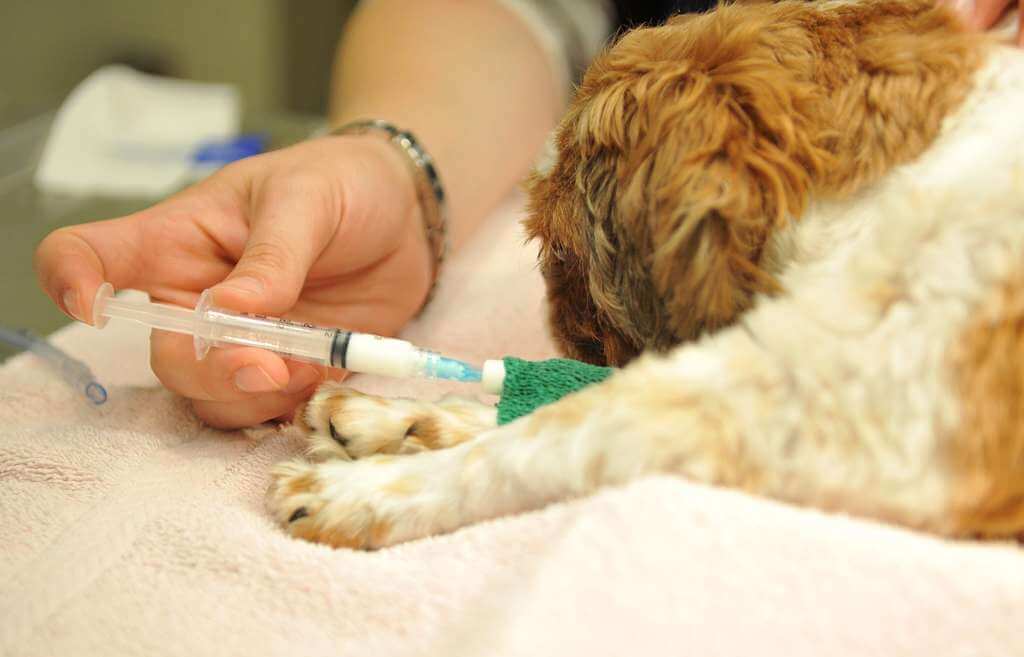
Pair that with attentive preventative care through routine handling, exams to catch problems early, regular nail trims, and grooming like brushing and sand baths. Your petite companion will thrive under your dutiful care and attentiveness. Recognizing subtle behavioral and physical shifts that may indicate illness quickly is also essential, as small animals can deteriorate rapidly. Embracing a holistic approach to fuzzy pet health encompasses physical, mental, and emotional well-being.
Fuzzy Pet Health stands as a beacon of excellence and compassion in the realm of pet care. With its unwavering commitment to providing personalized, comprehensive services tailored to each furry companion’s unique needs, Fuzzy Pet Health has emerged as a trusted partner for pet owners seeking the best for their beloved animals. Through a holistic approach that encompasses preventive care, medical attention, and emotional support, Fuzzy Pet Health ensures that pets not only receive the treatment they require but also thrive in a nurturing environment.
Moreover, Fuzzy Pet Health’s team of experienced professionals embodies a dedication to the well-being and happiness of every pet they serve. Their expertise, coupled with a genuine love for animals, fosters a sense of trust and confidence among pet owners, knowing that their companions are in capable hands. Whether it’s routine check-ups, emergency care, or ongoing support, Fuzzy Pet Health remains steadfast.
In essence, Fuzzy Pet Health transcends the traditional boundaries of veterinary care, offering a holistic and compassionate approach that goes beyond mere treatment to foster a lifelong bond between pets and their owners. As a cornerstone of excellence in the pet care industry, Fuzzy Pet Health continues to set the standard for quality, compassion, and dedication to the well-being of all furry friends.
While tiny, furry pets leave their pawprints firmly on your heart. Shower your beloved bunny, guinea pig, hamster, gerbil, or chinchilla with diligent TLC to maximize the quantity and quality of spirited, lively years you spend together! They’ll reward your dedication with endless delightful antics you’ll treasure always. Fuzzy Pet Health takes a holistic approach to pet wellness, addressing both physical and emotional needs.

